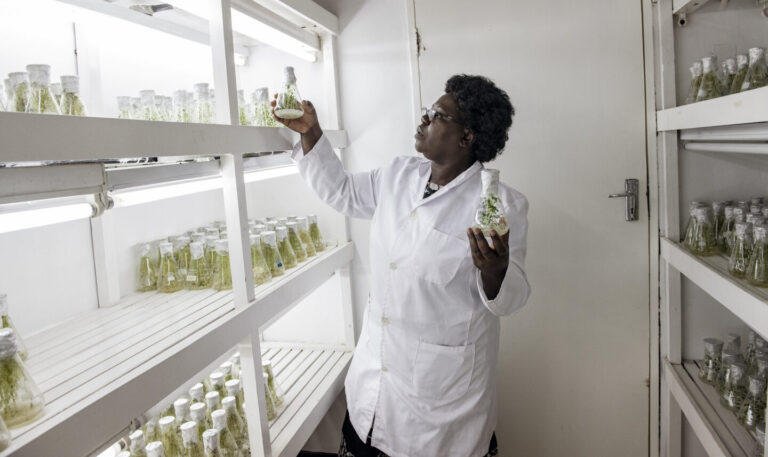The Consultative Group on International Agricultural Research (CGIAR) has launched a regional scaling hub in Kenya to accelerate the delivery of science-based agricultural solutions to farmers and communities across East and Southern Africa.
This initiative directly addresses the alarming food insecurity crisis in the region, where an estimated 61.6 million people are currently food insecure, with millions more at risk.
According to CGIAR, the hub will play a critical role in achieving the objectives of CGIAR’s Scaling for Impact Program, which aims to support over 62 million people by 2030.
“This hub provides a physical space for CGIAR and our scaling partners to co-locate and jointly develop the most effective scientific solutions for Africa, by Africa,” says Inga Jacobs-Mata, a leader in the initiative. “We want to push the frontier of ‘ science for the last mile,’ ensuring that innovations are scaled in cheaper, faster, and more inclusive ways. The hub will be a centre for innovation, collaboration, and creative problem-solving.”
This launch is a key component of CGIAR’s broader Scaling for Impact Program, which has the ambitious goal of supporting over 62 million people by 2030.
The hub’s activities are closely aligned with CGIAR’s 2025-2030 Global Science Portfolio, which aims to deliver sustainable agricultural solutions worldwide.
Latest Food Security Data
Food security remains at alarming levels in many low-income countries, particularly in Africa. An estimated 61.6 million people in East Africa are food insecure, and nearly 50 million are projected to face food insecurity in Western and Central Africa.
A recent World Bank blog post highlights five alarming statistics that underscore the urgency of the global food and nutrition security situation, as well as the vital role of data innovations in combating global hunger.
Apollinaire Djikeng, Director General of the International Livestock Research Institute (ILRI), stressed the importance of ensuring that solutions reach and effectively benefit small-scale farmers.
He emphasized that the hub will facilitate a “dynamic co-design process,” enabling research-driven solutions to be deployed at scale.
The program plans to ensure that 30% of its beneficiaries include women, youth, marginalised, and underrepresented groups.
Additionally, the initiative seeks to generate or enhance 250,000 jobs and improve access to healthier diets for 480,000 individuals, half of whom will be women.




